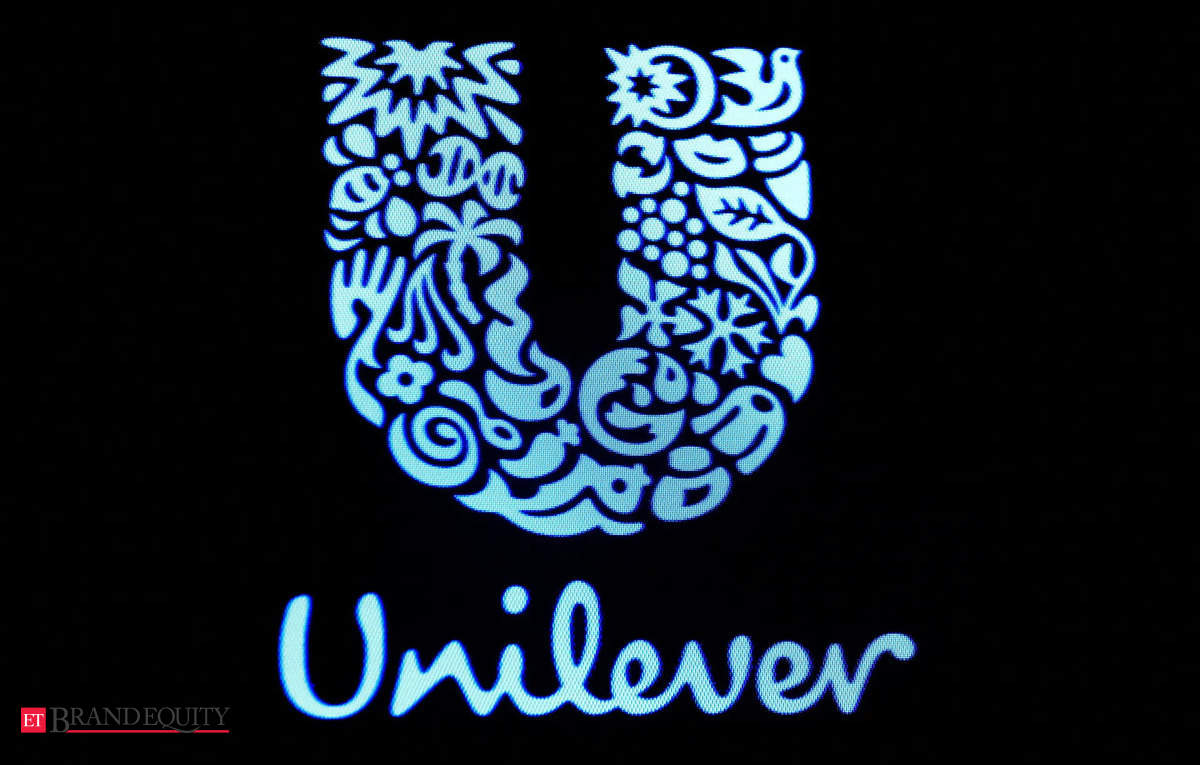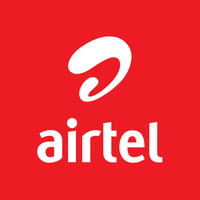After another four years cycle, the FIFA World Cup, the world’s biggest sports fiesta is upon us once again. And over the next one month, players from 32 different nations across all continents of the earth will assemble in Russia to lurk horns in search of honour, glory and laurels. During that one month, there will be plenty of emotions, grim faces and hard tackles. But it is not just the players that will trade tackles at Russia, brands will also lurk horns in competition for the heart and minds of consumers.
Indeed, if advertising is aimed at getting consumers’ attention, then there is perhaps no better time for it outside of the FIFA World Cup.
In the modern era, the FIFA World Cup has consistently topped TV rating all over the world. The average audience watching a World Cup stands at 3.5billion, making it the most watched overall live event by average on television worldwide in the 21st century. The 2014 FIFA World Cup final alone, between Germany and Argentina, attracted over 1billion viewers.
Companies around the world will reportedly boost global advertising spend by $2.4bn during the event, despite the fact that some of the world’s biggest markets, like U.S. and China, are absent from the competition.
But the World Cup is not an all-comers affair, even for brands. Only brands that are affiliated to FIFA through partnership or sponsorship are allowed to make any kind of reference to the world cup in their campaigns. The brands include Adidas, Qatar Airways, Gazprom, Hyundai and Coca-Cola. The official sponsors include Budweiser, McDonald Vivo.
On the flipside, FIFA has also made it extremely difficult for companies not affiliated with it to gain any marketing advantage during the World Cup. But despite the barricades, non-partner brands often find a way to leverage on the tournament without infringing on FIFA rules.
For instance, Pepsi is already stirring up excitement with the recent launch “We all feel it, the Naija spirit” campaign which is already creating sensation on the social media. Though not officially affiliated to the Super Eagles, that opportunity fell to its rival Coca-Cola, Pepsi has brought together a collection of Super Eagles stars to promote its brand. Victor Moses, Alex Iwobi, Ahmed Musa, Shehu Abdullahi and Odion Ighalo, joined by Nigerian legend Austin ‘Jay-Jay’ Okocha alongside Pepsi’s rich collection of music ambassadors like Wizkid, Davido, Tiwa Savage, DJ Cuppy, Tecno and DJ Spinall.
The campaign is already taking some shine off Coca-Cola, and it’s one of the most viewed videos on the social media.
But while Pepsi is playing on the fringes of Russia 2018 and has to worry about right infringements, Coca-Cola has no such concerns, thanks to its exclusive partnership with FIFA, which positions it right at the centre of the World Cup frenzy. In fact, the top cola brand has so much privilege that it can take the original FIFA World Cup to show off to its consumers around the world. And this has become a major marketing campaign strategy for every world Cup years since France 1998.
This year, it embarked on its fourth tour, visiting 91 cities in 51 countries on six continents, in a campaign tagged #ReadyFor the 2018 FIFA World Cup in Russia. The World Cup trophy also touched down in Lagos and Abuja where it was seen by thousands of excited Nigerian fans, before making a VIP trip to Aso Rock where President Muhammadu Buhari had a feel of it.
Coca-cola has also activated a partnership with the Nigerian Football Federation to become Super Eagles’ official beverage partner. The four-year deal worth $4million, is supported by a series of activations including “To Russia with Coke” campaign where 22 fans won trips to the Mundial. The company has also added defender William Ekong as a Coca-Cola brand ambassador. Ekong has appeared in a Coke TVC to drive the #ShareaCokeWithOurSuperEagle campaign.
It’s impossible to talk about the Super Eagles’ participation at the 2018 World Cup without a reference to Nike. This year, through adept marketing and quality product development, Nigerian jerseys have caught global attention and Nike is already smiling to the bank. Unlike the poor sales experienced in 2014, Nike’s Eagles jerseys have become the most fashionable cloth item to own during this World Cup year. And according to Nike, the first 3million copies of the apparel were sold out in minutes. “It begs the question, was Adidas too relaxed, or largely unimaginative during its Nigerian contract,” Lolade Adewuyi, a brand expert asked.
In the alcoholic beverage segment, Nigerian Breweries outsprinted ABInBev to get the national team’s sponsorship. The deal, reportedly worth N2.2billion means that NB Plc’s STAR lager beer and Amstel malt have been adopted as official beer and Malt of the Super Eagles. But it seems like NB Plc has not been able to leverage on the sponsorship in a meaningful way. STAR lager’s shine on campaign has not been as evocative as it was in 2014 when the brand crashed Guinness’ World Cup party. At the time Guinness was the official lager beer of the Super Eagles, but STAR worked to create a stronger impression with the inspirational hashtag shine on Nigeria.
Meanwhile, AbInBev is not resting on its oars, despite losing out on the Super Eagles’ partnership. Fortunately for the company, its flagship brand, Budweiser is an official FIFA sponsor and has since launched a major global “Light up the World Cup” campaign. They have also deployed local strategies into making Trophy lager beer another brand on their stable, the main beneficiary of their World Cup affiliation.
Trophy Lager beer launched “Raise a Trophy” campaign featuring Nollywood actor Femi Adebayo, and it’s tipping to raise the trophy in Russia.
Other brands that are leveraging Nigeria’s participation at the World Cup for equity gains are Cadbury, WAPIC, Aiteo, Nike Top General Investment (TGI), Payporte and Simba. These brands have all secured partnership deals with the senior national team. In all, the NFF has netted no less than N6billion from various branding deals.
According to analysts, the partnership of the NFF by these brands is a recognition of football and the World Cup as a critical touchpoint for consumer engagement. “So what the brands are doing is to put their money where their mouths are”, said Ganiyu Olowu, a Lagos based brand analyst.
However, Kelechi Nwosu, Managing Director at TBWA\Concept has warned that for brands to get the most out of their investments with the national team, they must be deliberate and be clear about their objectives ahead of time. He added that once that is settled, then brands must also determine the best way to engage based on their propositions.
In an interview with MARKETNG EDGE, Mr. Nwosu said, “You can explore the opportunities in many ways, depending on how creative the brands are and what they want to gain. Every brand should have its objectives and propositions going into the World Cup. When you are pushing a particular brand you need to align a positioning with the expectation(s) of the consumers; when you do that you strike a chord with them. You are vibrating on the same frequency with them. That is how your equity grows.”






Comment
No comments found.